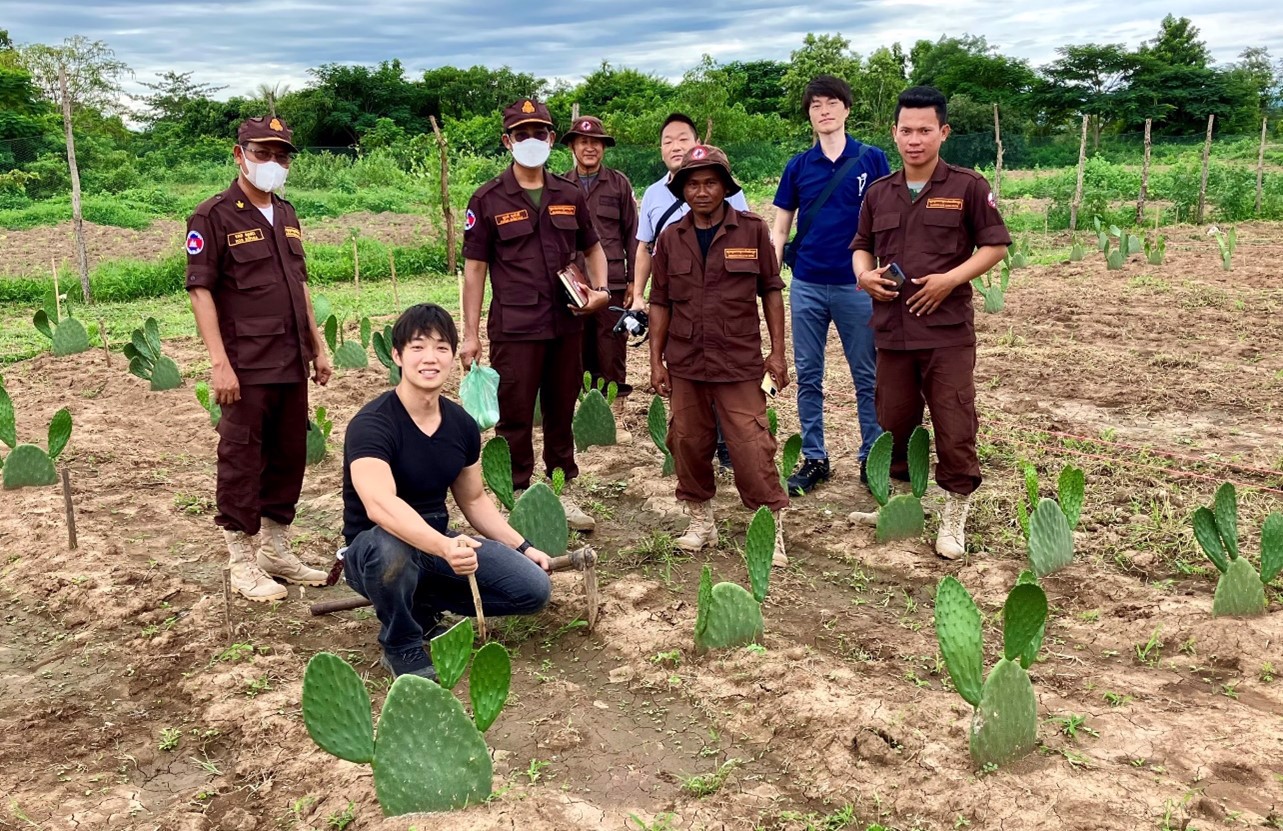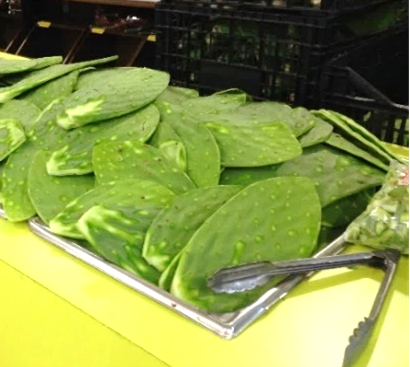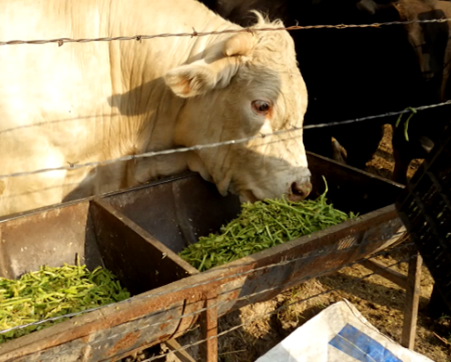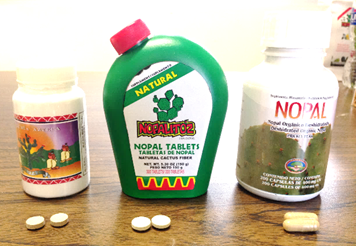FKII newsletter vol.6(Date 2/2/2024)
◆Contents◆
1. Minefield restoration project using prickly pear cacti
----------------------------------------------------
1.Minefield restoration project using prickly pear cacti
----------------------------------------------------
College of Bioscience and Biotechnology, Chubu University
Associate Professor Takanori Horibe
We started a project to disseminate prickly pear cactus cultivation technology to rural areas in a former minefield in Cambodia, and aim to improve the local standard of living through commercialization.
During the civil war that began around 1970 and lasted more than 20 years, more than 4-6 million landmines were laid in Cambodia. Landmine removal is currently underway, but the challenge is to make effective use of land that has been cleared of landmines. Rural areas, where minefield sites are widely distributed, have few highly profitable industries, and the standard of living of residents is currently lower than in urban areas. Under these circumstances, IOS Co., Ltd., a member of our platform, has taken the lead in producing prickly pear in the former land of minefields (total area: 1,795 ha) managed by the Cambodian Mine Action Centre (CMAC). Cultivation tests aimed at utilization have been conducted since July 2022. Local cultivation is mainly handled by CMAC staff, but other platform members cooperate in purchasing cacti used for cultivation, providing local cultivation guidance, and commercialization. In addition to using the cacti produced as vegetables, fruits, livestock feed, and raw materials for processed products, we are also considering using them for CO2 fixation projects (carbon credits). We are also proceeding with plans to import locally produced cacti in Cambodia into Japan as raw materials for processed products.

Prickly pear field set up on the site of a Cambodian minefield
Cactus is a crop grown in over 30 countries around the world
At a time when countermeasures against climate change and population growth are urgent issues, cacti have attracted worldwide attention in recent years as a versatile and highly sustainable crop. For example, in 2017, the Food and Agriculture Organization of the United Nations stated that ''cacti can contribute to solving food security issues''(https://www.fao.org/documents/card/es?details=6cb6bff1-66f3-4d2e-92cc-c58130c1f9dc/).
What are advantages of using cacti? Although not well known in Japan, cacti are cultivated in many parts of the world as crops that can be used as food, raw materials for processed products, and livestock feed. The reason why cacti have received increasing attention in recent years is that, compared to other crops, cacti have many of the properties required to build a sustainable food production system that can respond to climate change. Specifically, it has strong environmental tolerance, high productivity, health functions, ease of cultivation, wide range of uses, and high yield (almost all parts of the plant can be used). Currently, cactus is not a major crop in Japan, but promoting the utilization of this crop may contribute to the reuse of abandoned cultivated land, the reduction of chemical fertilizers and pesticides, and the strengthening of the competitiveness of the food industry.



Examples of how to use cacti: vegetables, livestock feed, processed foods (supplements)
Our platform was established in 2021 with the aim of promoting the utilization of cacti, and has so far carried out many activities such as conducting basic and applied research and holding events. We also promote exchanges among platform members and realize capital and business alliances among member companies. If commercialization in Cambodia and Japan is successful, we are considering expanding our activities to other countries in the future.
We believe that these activities can contribute to the development of the agriculture and the realization of a sustainable society. If you are interested in participating, please contact us. Thank you for reading for me until the end.
< Contact >
College of Bioscience and Biotechnology, Chubu University
Associate Professor Takanori Horibe
E-mail: t-horibe@isc.chubu.ac.jp
Platform HP:https://sites.google.com/view/j-cactus-succulent-research
----------------------------------------------------
Please visit the website of Field for knowledge Integration and Innovation (FKII) The Council of Industry-Academia-Government Collaboration.
https://www.knowledge.maff.go.jp/en/fkii.html
If you would like to inquire, publish your projects or unsubscribe from this e-mail newsletter, please contact us here.
Secretariat of Council of Industry-Academia-Government Collaboration
PwC Consulting LLC
E-mail:jp_cons_fkii_jimu@pwc.com
PLEASE DO NOT REPLY to noreply@fkii-jimu.com
----------------------------------------------------